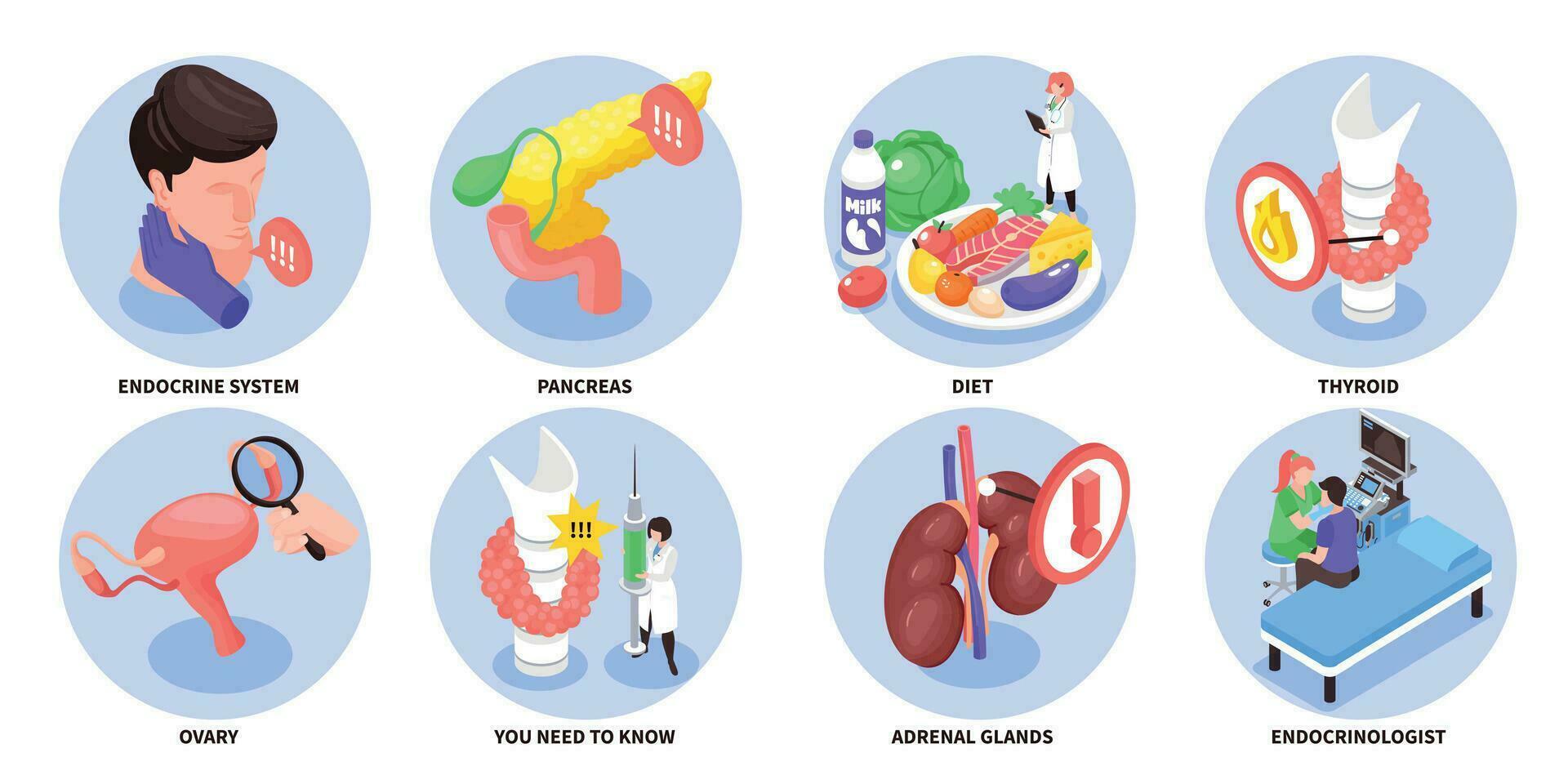Texas Endocrinology: State-of-the-Art Hormonal Health Care
Wiki Article
Navigating the Complexities of Thyroid Conditions With an Endocrinologist
In this article, we will certainly check out the significance of seeking specialist assistance from an endocrinologist when dealing with thyroid disorders. We will certainly dig into the understanding of various thyroid conditions, the importance of accurate medical diagnosis, and the offered treatment options. In addition, we will certainly talk about the recurring monitoring and support required for individuals with thyroid disorders.Recognizing Thyroid Conditions
Thyroid conditions can be much better comprehended with guidance from an endocrinologist. Hypothyroidism, for example, occurs when the thyroid does not produce enough hormones, resulting in signs and symptoms such as fatigue, weight gain, and anxiety.Understanding thyroid disorders requires a comprehensive evaluation of a client's medical history, physical examination, and laboratory tests. Endocrinologists specialize in the medical diagnosis and therapy of hormone conditions, consisting of thyroid conditions.
Furthermore, endocrinologists are familiar with the most recent developments in thyroid research, which allows them to provide one of the most efficient and updated therapy methods. Endocrinology. They can suggest drug to control hormone levels, recommend lifestyle alterations, and offer assistance on taking care of signs and symptoms. In more complex instances, they may collaborate with various other experts to ensure thorough care

Value of an Endocrinologist
An endocrinologist plays a crucial function in the diagnosis and management of thyroid problems, supplying specific know-how and understanding in hormonal problems. With their considerable training in the endocrine system, these physician are uniquely certified to deal with and examine thyroid conditions.Among the crucial reasons an endocrinologist is very important in the monitoring of thyroid conditions is their ability to properly identify the condition. Thyroid problems can be complex, with signs and symptoms that might overlap with other clinical conditions. An endocrinologist has the experience to carry out a comprehensive evaluation, including a thorough case history, health examination, and specialized tests to precisely diagnose the certain thyroid disorder.
Moreover, an endocrinologist is equipped to establish a customized treatment strategy for each individual client. They consider aspects such as the kind and seriousness of the thyroid problem, the patient's general wellness, and their preferences. This customized technique makes sure that the treatment plan is maximized for the patient's particular needs, leading to better end results.
In enhancement to diagnosis and treatment, an endocrinologist likewise plays a crucial role in long-lasting management of thyroid conditions. They keep an eye on the client's thyroid hormonal agent degrees, adjust medication does if needed, and give recurring support and education to aid patients properly manage their problem.
Identifying Thyroid Problems
The endocrinologist's proficiency encompasses properly identifying thyroid problems with a detailed analysis, consisting of a comprehensive medical history, checkup, and specialized tests (endocrinologist in liberty hill). This approach allows the endocrinologist to collect crucial information concerning the individual's signs and symptoms, medical history, and family background, which can give useful insights into the possible sources of the thyroid conditionThroughout the health examination, the endocrinologist will very carefully check out the person's neck for any type of indicators of swelling or problem in the thyroid gland. They might additionally inspect for other physical signs, such as adjustments in hair appearance, skin dry skin, or sticking out eyes, which can be indicative of thyroid conditions.
In addition to the case history and physical examination, the endocrinologist might purchase customized tests to further examine the function of the thyroid gland. These examinations might include blood examinations to measure the levels of thyroid hormones, thyroid-stimulating hormone (TSH), and antibodies that might be related to autoimmune thyroid conditions. Imaging examinations, such as ultrasound or nuclear medication scans, might also be executed to analyze the dimension, shape, and structure of the thyroid gland.
Therapy Options and Management
There are numerous treatment options offered for handling thyroid problems. The choice of treatment relies on the details kind and extent of the thyroid condition, as well as private patient variables. In situations of hypothyroidism, where the thyroid gland does not create adequate thyroid hormonal agents, the most usual treatment is hormone replacement therapy. This involves taking synthetic thyroid hormones, generally in the type of an everyday pill. The dosage of the hormone replacement medication is very carefully kept an Recommended Reading eye on and adjusted by an endocrinologist to guarantee optimal thyroid hormone levels in the body.For hyperthyroidism, where the thyroid gland generates too much amounts of thyroid hormonal agents, therapy alternatives consist of medicines, contaminated iodine therapy, or surgical procedure. Medicines, such as beta blockers, can be suggested to handle symptoms and reduce the manufacturing of thyroid hormonal agents.
Along with these imp source standard therapies, there are additionally alternate treatments that some people may take into consideration, such as natural supplements, acupuncture, or nutritional adjustments. It is important to keep in mind that these alternate treatments should be discussed with an endocrinologist to guarantee they are safe and efficient.
Long-Term Care and Support
Long-term treatment and support for individuals with thyroid disorders includes continuous monitoring and individualized therapy plans given by an endocrinologist. After a first diagnosis and therapy, it is vital for people to proceed obtaining normal follow-up like make certain that their thyroid feature stays secure which any type of potential issues are recognized and addressed without delay.
Normal tracking of thyroid hormonal agent levels with blood examinations allows the endocrinologist to assess the performance of the therapy plan and make any type of necessary modifications. This close see here tracking additionally enables the early detection of any changes in thyroid function and the identification of prospective relapses or issues, such as the growth of nodules or the development of thyroid cancer cells. Depending upon the specific requirements of the person, surveillance may occur every couple of months or on a yearly basis.

Conclusion
With their expertise and experience, endocrinologists can provide long-term treatment and support to individuals with thyroid disorders. By looking for the guidance of an endocrinologist, patients can get the needed treatment and management to properly browse their thyroid problem. Best endocrinologist in texas.
Report this wiki page